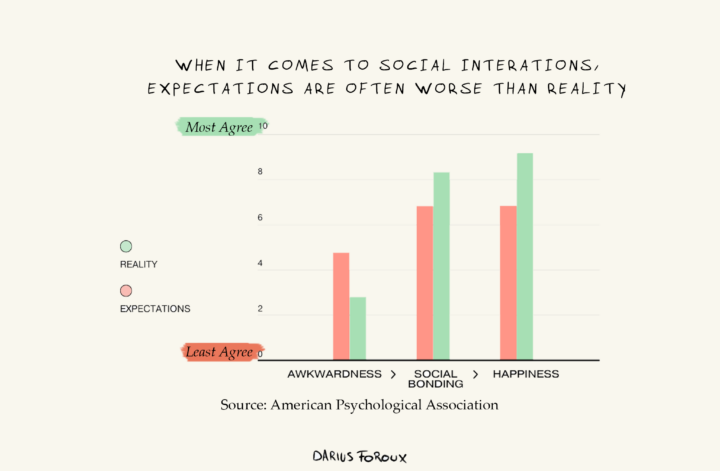Do you get confused about investing in the stock market, even if you want to stick to a simple strategy like passively buying an S&P 500 index fund? There are various factors to consider, like the equal weight index.
The S&P 500, or Standard & Poor’s 500, is an index representing the performance of 500 large companies listed on U.S. stock exchanges.
It’s considered an indicator of the U.S. economy and a benchmark for many investors. I’ve been investing in the index for years, and it’s the perfect way to get exposure to the stock market.
However, some people tend to make a simple strategy like a complex one.
That’s because there’s more than one way to invest in this index.
- The market-cap-weighted S&P 500 (which is the default for ETFs like VUSA or VOO)
- The equal weight S&P 500 (which is what some people recommend)
In this article, we’ll dive into what the S&P 500 is, how the market-cap-weighted index works, and what the equal weight index entails.
If you’re new to investing, you can also read my quick article on the four things you need to know before you invest.
The traditional S&P 500: market cap weighting
Traditionally, the S&P 500 is a market-capitalization-weighted index. Simply put, companies with larger market caps (stock price multiplied by the number of outstanding shares) have a greater impact on the index’s performance.
This means a few big players, like Apple or Amazon, can significantly sway the index.
While this method has its benefits, such as mirroring the actual economy, it also has drawbacks.
For instance, if a few large companies underperform, it could disproportionately drag down the entire index.
The alternative: S&P 500 equal weight index
Here’s where the S&P 500 Equal Weight Index comes into play. Instead of weighting companies based on their market caps, this index gives equal weight to all 500 companies.
Thus, each company contributes equally to the index’s performance. The advantage? It offers more balanced exposure across different companies and sectors.
The equal weight reduces the exposure to any single company or sector. However, this does not necessarily reduce risk (more on that later).
On the flip side, it may not accurately reflect the market, as smaller companies have an equal influence on the index as the larger ones.
So, should you buy the S&P 500 equal weight index or not?
While the equal weight index may sound appealing, offering balanced exposure to all companies, let’s consider the logic behind the traditional market-cap-weighted S&P 500.
Those larger companies? They’re not just big. They’re the winners in our economy. And it’s a smart strategy to bet on the winners.
Consider the “Magnificent Seven” of 2023. These seven industry leaders outperformed the rest of the market, and their success is a testament to the potential advantages of a market-cap-weighted index.1Source: IBD Digital
The Magnificent Seven consists of:
- Apple (AAPL): +48.2%
- Meta Platforms (META): +194.1%
- Microsoft (MSFT): +56.8%
- Nvidia (NVDA): +238.9%
- Amazon (AMZN): +80.9%
- Alphabet (GOOGL): +58.3%
- Tesla (TSLA): +101.7%
As a result, the S&P 500 has hit record highs this year and is up about 4% so far for 2024 after rising 24% in 2023. But some stocks had a negative return.2Source:Reuters
For example, major COVID-19 vaccine providers Moderna (NASDAQ: MRNA) and Pfizer (NYSE: PFE) stocks plummeted, with the former down 50% and the latter at 46%.3Source:Yahoo finance
Back to the winners. Each of those seven companies dominates their industry.
When you opt for a market-cap-weighted index, you’re placing a bet on these winners. In finance, winners take most of the rewards. So that’s where you want to be.
So, should you buy the S&P 500 Equal Weight Index? For me, it’s a definite no.
But like everything in finance, it’s a decision that ultimately depends on your individual investment philosophy and risk tolerance.
But here’s some food for thought: The larger companies in the S&P 500 aren’t just big—they’re successful, innovative, and influential.
They’re shaping our future.
Why wouldn’t you want to bet bigger on them?




